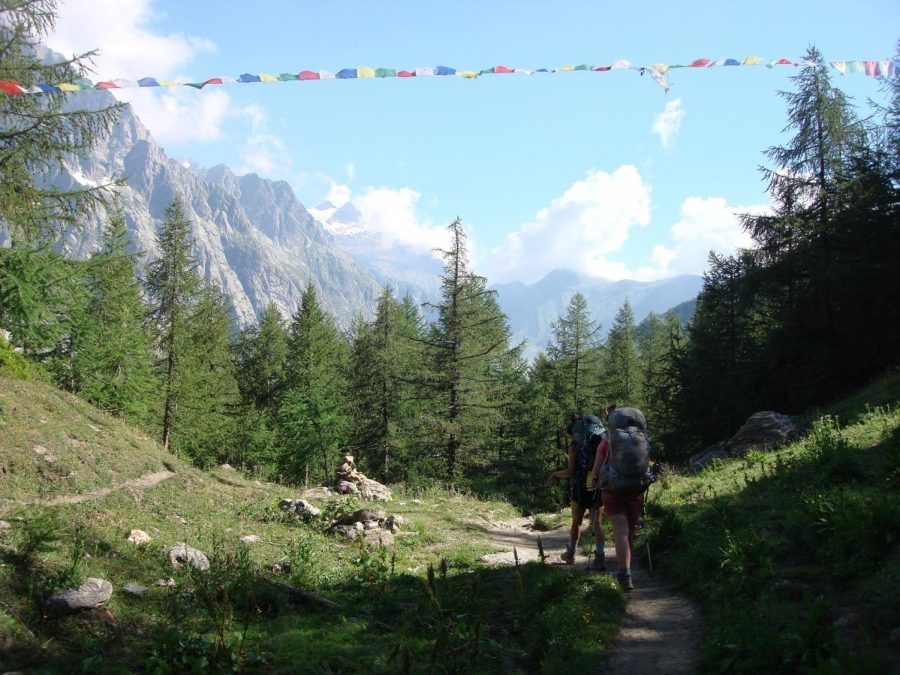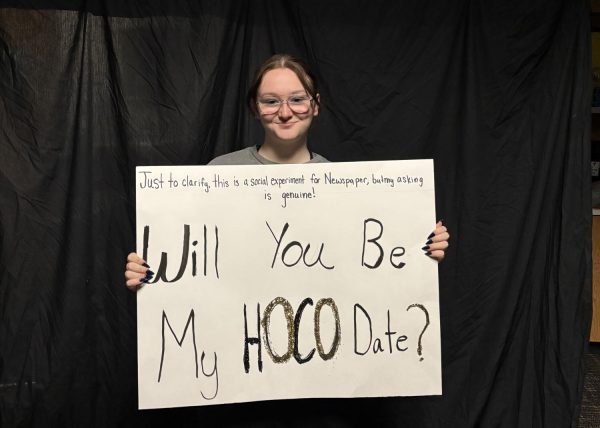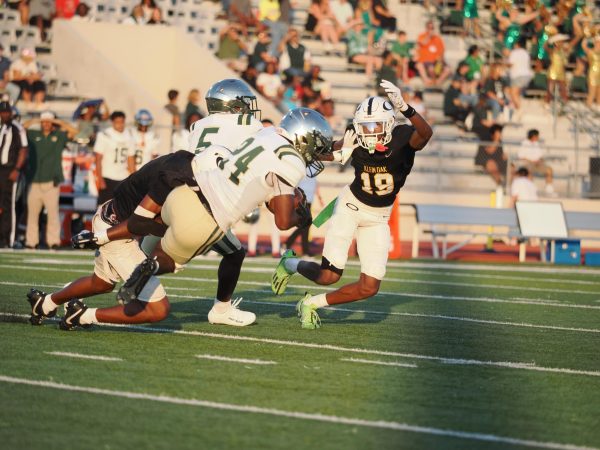Global Backpacker
Student profile on Grace Carter
Photo Submitted By: Grace Carter
The Mont De Blanc Mountain Range is a hot destination for experienced backpackers that are looking for a fair challenge that the Carter family enjoys.
President Lyndon B. Johnson once said, “The forgotten outdoorsman of today are those who like to walk, hike, ride horseback, or bicycle. For them we must have trails as well as highways.” In an age where most generations explore the world through LED light, this narrative is more prominent than ever.
One of the “forgotten outdoorsman” is Senior Grace Carter. Carter is an avid backpacker that has hiked roughly 600 miles. Her adventures have spanned across five countries in Europe and nine states, including Texas.
“When I was younger, I found my love for hiking through Girl Scouts,” Carter said. “One day I was flipping through their summer camp magazine and came across a two-and-a-half-week trip to the Rocky Mountains in New Mexico.”
Carter endured her first trip when she was just 12. Her group planned the trip that spanned across fifty miles in the Taos Valley.
“While on this trip I began to fall in love with the simplicity of backpacking life,” Carter said. “Wake up, pack up, hike all day then chose from thousands of sights to set your tent and begin the process all over again.”
The concept and central ideology of backpacking is to explore nooks and crannies that are rare for a common eyesight. To indulge and relish views that are only possible on the rugged terrain Carter and other backpackers venture on.
Hikers are limited to what they can take on trail. Contrary to glamping where overpacking is a welcomed commodity, all while a hiker has to fit the entire list of essentials in a hiking backpack, and they must consider carrying a tent on their back, traversing uphill all day from sun up to sunset.
“The idea of having to rely solely on yourself to carry you through the mountains is one of my biggest loves of backpacking,” Carter said. “It teaches you to trust and understand your body. Otherwise you will struggle to carry on.”
According to Carter, routine is everything on a trail. She states when hiking, she does everything from brushing one’s teeth and cooking an exquisite breakfast, consisting of freeze-dried eggs and muffins to checking for dangerous inclines and finding a good place to pop a squat.
“You typically hike for about 2-3 hours between each break, which is usually averaging you about 7-9 miles during this time frame,” Carter said. “After lunch, at about 2-3, we get hiking again and typically scout for a spot to rest around 6-7.”
Every trail and hike presents itself with its own unique sets of challenges and adversities; however, the Tour Du Mont Blanc sticks out in Carter’s mind as her favorite trail but the most difficult she has ever been on. The trail covers parts of Switzerland, Italy, and France which circles the Mont Blanc Massif. Although the trail provides amazing views of the Alpines, the elevation reaches upwards of 30,000 feet. Every trail that’s included on this tour consists of a difficult uphill battle. Accommodated with an evenly challenging downhill section.
“The scenery and challenges that I overcame on the trail are what I really loved about the whole experience,” Carter said.
Carter said backpacking also opens new lines of communication and connects people from all over the world. Carter, prior to her Scotland trip, participated with Apogee, a company based out of Maine that puts college students from around the country to act as chaperones to teenagers across Europe.
“After several days of backpacking, we began having something called ‘cuddle puddles’,” Carter said. “It’s basically what it sounds like, a bunch of smelly teenagers all laying in various piles, napping where ever we could: dirt roads, ditches – it didn’t matter the location.”
For those interested in delving deeper into the world of backpacking, it demands an open mind and fate.
“Honestly I got nothing to say for those that want to go into it because it’s something that’s just found by chance.”









